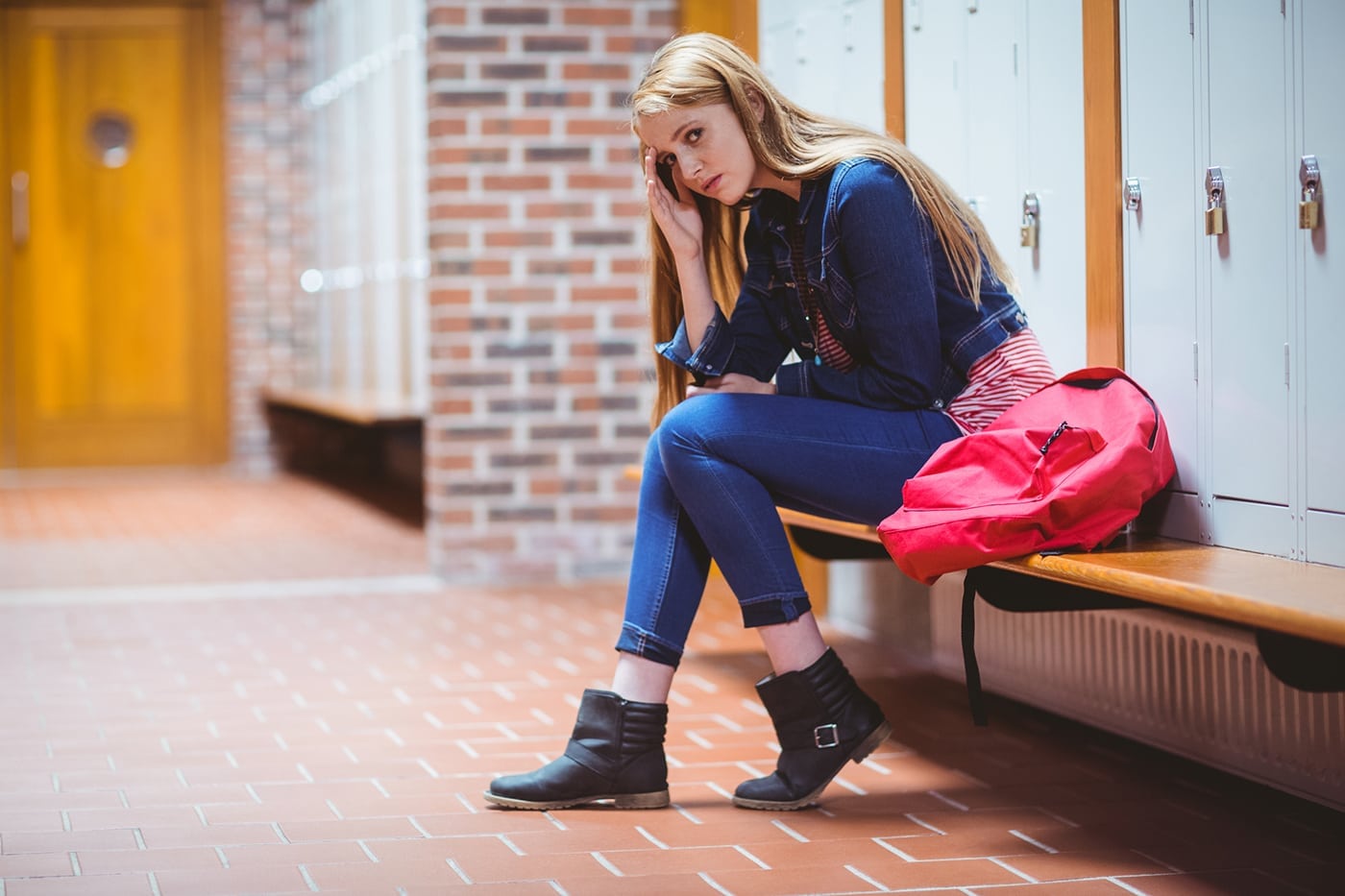The Netflix series “13 Reasons Why” was the subject of conversation and controversy following its March 2017 release. The show captivated a young audience and was quickly criticized by parents, school systems and mental health professionals for its graphic content and subject matter, which included teen suicide, sexual assault, bullying and drug use.
When a second season of the show was announced — despite the fact that the young adult novel the series was based on had no sequel — speculation quickly arose over where the storyline would go and what steps the producers would take to mitigate the show’s controversial take on teenage issues.
The second season of 13 Reasons Why, which drew in more than 6 million viewers in the three days following its release on Friday, May 18, has shifted its focus from teen suicide to the issue of sexual assault, a topic that The Hospital of Central Connecticut is taking head on with a program geared toward victims of sexual assault and other crimes..
The storyline of Season 2 follows the trial between the Evergreen County school system and the parents of Hannah Baker, the teen who took her own life and left behind tapes chronicling the reasons why she did it. It also explores the impact of the first season’s events on the show’s protagonists, including Jessica Baker, who was sexually assaulted at a party, and the perpetrator of the assault, star athlete Bryce Walker.
Baker, who returns to school after spending time away emotionally recovering, is faced with rumors and judgment from her Liberty High School classmates — a scenario that is not uncommon, according to Bethany Michaud, LCSW, psychiatric clinician at The Hospital of Central Connecticut outpatient clinic.
“There is a stigma faced by the survivors of sexual assault — that it was the person’s fault because of how they dressed, their reputation, or because of what they did or didn’t say in the scenario. This often results in feelings of shame for the survivor, and they may be blamed, harassed or attacked because they spoke up,” said Michaud, who runs group therapy for HOCC’s free Victims of Crime Acts (VOCA) outpatient program for survivors of sexual assault, molestation or domestic abuse.
Compounding Baker’s struggles with her classmates are her encounters with Walker in the school hallways.
“If people experience routine triggers like having to come into contact with their abuser, they may experience high anxiety, hyper vigilance, hopelessness and difficulty creating new goals for their future because they feel very stuck in the past, almost as though what happened has the potential to reoccur or is happening all over again,” Michaud said.
A turning point for Baker is her new friendship with Nina Jones, a classmate who was also the victim of a sexual assault, and her attendance at a survivors support group.
“Support groups can offer a safe space where people can tell their personal story and feel heard, but not blamed,” Michaud said. “Survivors also have the opportunity to see other people with similar histories of abuse or assault taking positive steps forward in life and this creates a sense of empowerment.”
HOCC’s VOCA program, like the support group attended by Baker, offer survivors the opportunity to recover in a safe, group setting, in conjunction with medication management and individual and family therapy. The program is grant-funded and offered at no cost — which allows survivors to avoid dealing with insurance claims.
“We don’t encourage people to go into detail about their trauma; we meet them where ever they’re at and work on reducing symptoms and moving forward,” Michaud said. “We help each person develop grounding skills like meditation, mantras, positive self-talk or yoga; support systems they can turn to; and safety plans.”
Michaud did warn that some of the rape scenes in 13 Reasons, including two from the first season and a graphic sodomy scene in episode 13 of Season 2 — can act as triggers for people who were victims of sexual assault.
“Witnessing a similar act can trigger or re-traumatize a patient because it can bring flashbacks up of their personal experience,” Michaud said. “It’s important for people to assess what their specific triggers are and create a self-care plan or even avoid viewing scenes if appropriate.”
For more information on the VOCA program for victims of sexual assault, molestation or domestic abuse, call the HOCC Counseling Center at 860.224.5267.

